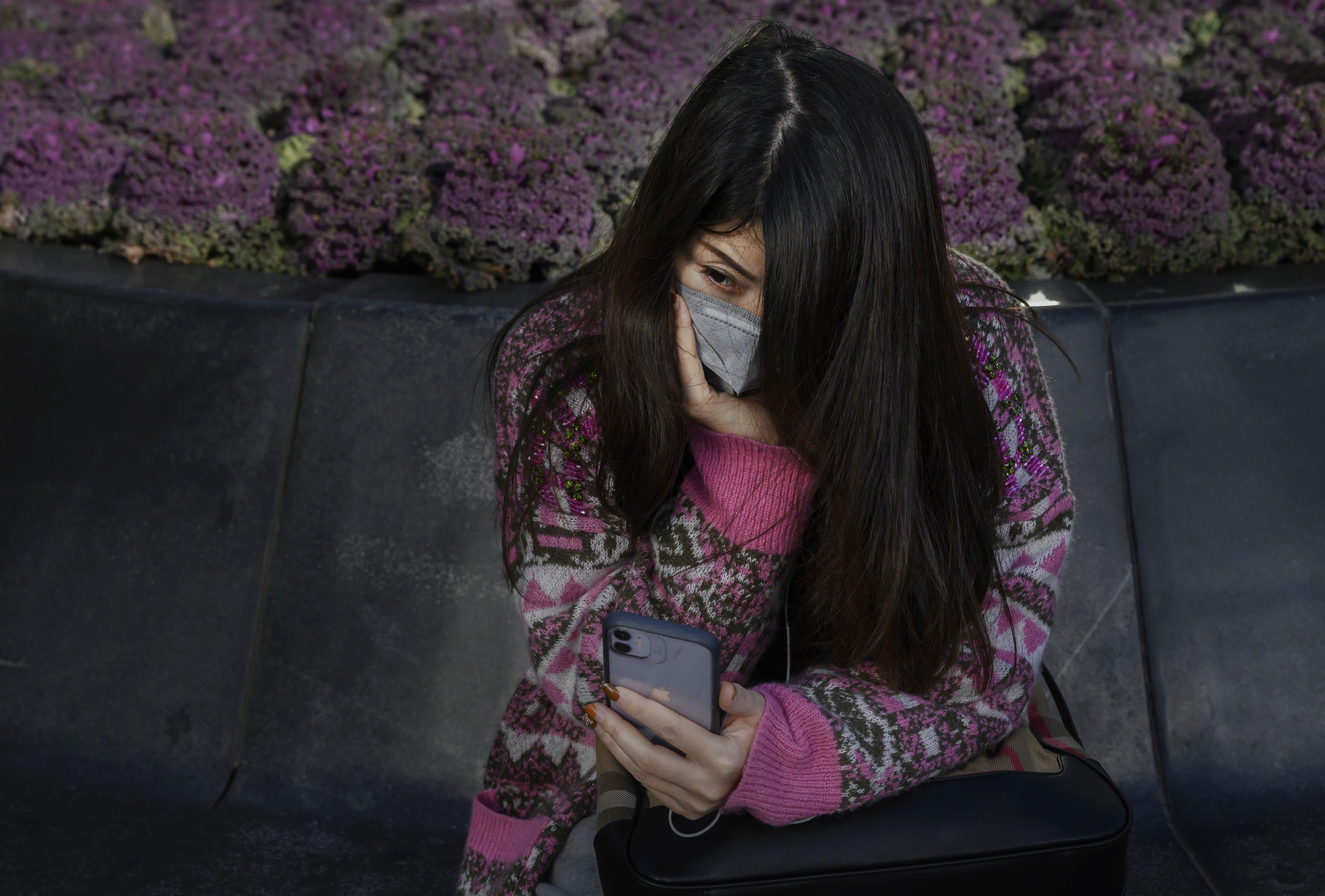2 min
Mental health in the age of COVID-19
Managing mental well-being is critical in times of uncertainty and unpredictability. One common coping mechanism is to connect in-person with friends or family because isolation can negatively impact those experiencing depression and anxiety.Amid concerns over COVID-19, however, that recommendation conflicts with health and safety instructions on social distancing. Dr. Tonya Hansel and Dr. Maurya Glaude, licensed clinicians and researchers at the Tulane University School of Work, have the following suggestions to prevent increased at-home time from negatively affecting a person’s mental healthSet up a routine and workspace dedicated to work. Use sticky notes, calendars, journals or other office supplies to help you stay organized and remember what you need to accomplish.Email, message or call your colleagues or classmates. This will not only allow you to connect for mental well-being but also allow you to gain clarity and understanding about a particular assignment.Recharge with fresh air, exercise and entertainment. This could include taking a midday walk or bike ride around your neighborhood, going on a nature hike or enjoying a snack on your porch. Allow more sunlight into your work space.Maintain running, walking or cycling routines but bring your own water, avoid drinking out of public fountains and keep approximately 6 feet from others as recommended by the U.S. Centers for Disease Control.Use the time you save from commuting to do extra things around your house, such as spring cleaning, cooking or gardening. Or create a piece of art or do craft projects with your children.Feel free to allow small indulgences. Giving yourself or your children a little extra screen time is a way of practicing self-care.Use technology — Facetime, Google Hangouts, Zoom or the phone — to keep up with friends and family and support one another. Access mental health resources such as the U.S. Centers for Disease Control and the Substance Abuse and Mental Health Administration. You can also call the SAMHSA Disaster Distress Hotline at 1-800-985-5990 or text TalkWithUs to 66746.To schedule an interview with Hansel or Glaude, contact Carrie Moulder at cmoulder@tulane.edu or Barri Bronston at bbronst@tulane.edu.
